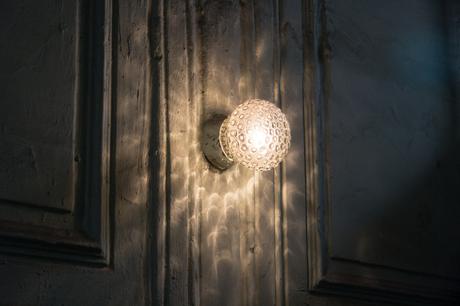
For the dead and the living, we must bear witness. Eli Weisel
When we hear people's stories, when we are present through listening to events in their lives, we are bearing witness. Bearing witness to the moment that changed their lives. Bearing witness to why they have pain. Bearing witness to the deep struggles of the soul that come out in stories, when we are willing to listen.
Bearing witness means that we are showing that something exists; that something is true. To listen to the survivor of rape and abuse without judgment but with love and belief is saying to them - "I believe that this happened. I believe that you bear the cost." To listen to the refugee with their story of losing home, family members, walking miles to safety, finally arriving at a crowded, disease-ridden camp is to validate their experience.
Sometimes we are unable to bear witness in person. Sometimes the situation is far away and a writer or journalist brings it to our attention. This was the case for me recently when I read the horrific stories of abuse and torture that are taking place among the minority Uighur populations in China. The BBC is bringing light to these atrocities so that we might bear witness. So that we may not be silent. The headline reads " Women in China's "re-education" camps for Uighurs have been systematically raped, sexually abused, and tortured, according to detailed new accounts obtained by the BBC." followed by a note that the reader may find the account disturbing.
More than a million men and women have been detained in what is described as a " vast and secretive system of internment camps " in China's Xinjiang region. The camps are set up for the "re-education" of the Uighur people and other minorities in China. All freedoms have been taken away and these groups face detention, surveillance, forced "re-education", and forced sterilization. Documents state that China's president has given and edict to respond to Uighurs with "No mercy."
A first hand account from a woman who was interviewed for the BBC special report revealed this:
"Tursunay Ziawudun, who fled Xinjiang after her release and is now in the US, said women were removed from the cells "every night" and raped by one or more masked Chinese men. She said she was tortured and later gang-raped on three occasions, each time by two or three men." Sometime after midnight, they came to the cells to select the women they wanted and took them down the corridor to a "black room", where there were no surveillance cameras. Several nights, Ziawudun said, they took her."Perhaps this is the most unforgettable scar on me forever," she said.*
We should be disturbed and awakened by this. When we lose our ability to be distressed and disturbed we lose our humanity. That we as humans can perpetrate this kind of cruelty shows our desperate need for repentance and healing. That we can allow this cruelty shows the same.
Bearing witness is more than just hearing the stories. It's entering into stories. Entering in with body and soul. Entering in with empathy and kindness. It's entering, and in our entering offering hope and healing. The account in BBC is not a story I want to enter, but it's a story I must enter. I may be helpless to do something physically, but I am not helpless to pray all of God's mercy on the women who have been so deeply hurt.
Whose story will you bear witness to this day? To a friend who has tried a hundred times to tell you of their pain, but you have dismissed them? To your child who longs to communicate something about who they are, but is afraid to tell you? To an old woman who once lit up a room with her dance step and her smile? To a paralyzed young man who is dismissed, ignored because he sits in a wheelchair? To an angry coworker?
Or perhaps to a news story far away, that you may never enter in person, but you can enter through prayer with the words "Lord Jesus Christ, Son of God, Have Mercy on the Suffering. Have Mercy on the Hurting. Have Mercy on Your Creation."
"But witnesses incur responsibilities, as anyone who has ever seen a traffic accident and had to go to court to testify, knows. In the new world of globally televised war crimes, the defence of 'not knowing,' or neutrality, will dissolve for everyone. To be a witness or bystander is not a value-free choice but, inadvertently, a moral position; and in this sense the 'guilt' of people who live with the memory of crimes committed by members of their families, or communities, has been unwittingly extended to everyone who watches appalling pictures on the news." Erna Paris in Long Shadows: Truth, Lies, and History
[*Source: BBC News Special Report on Uighur Detention in China - © copyright 2021 BBC]

